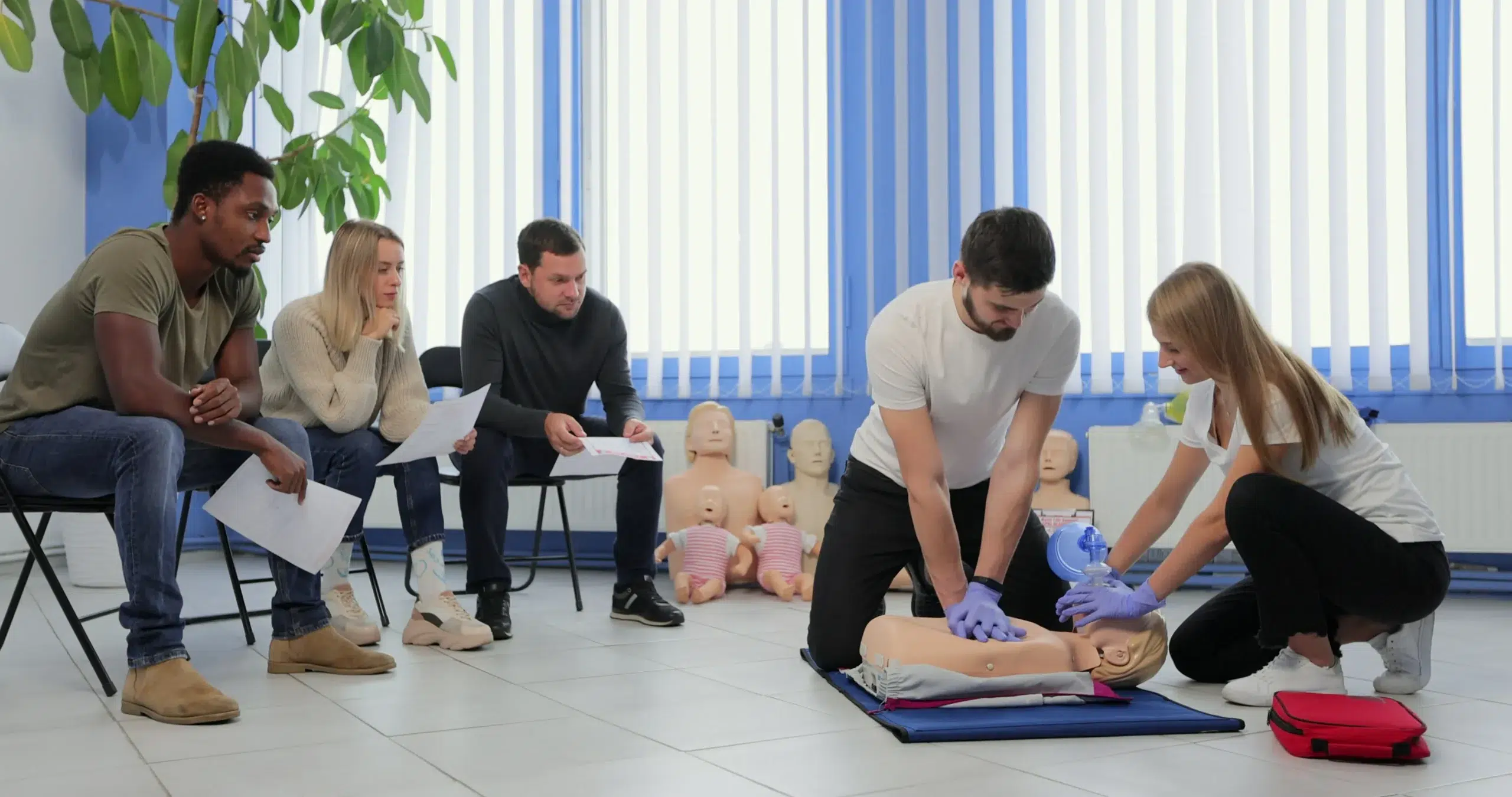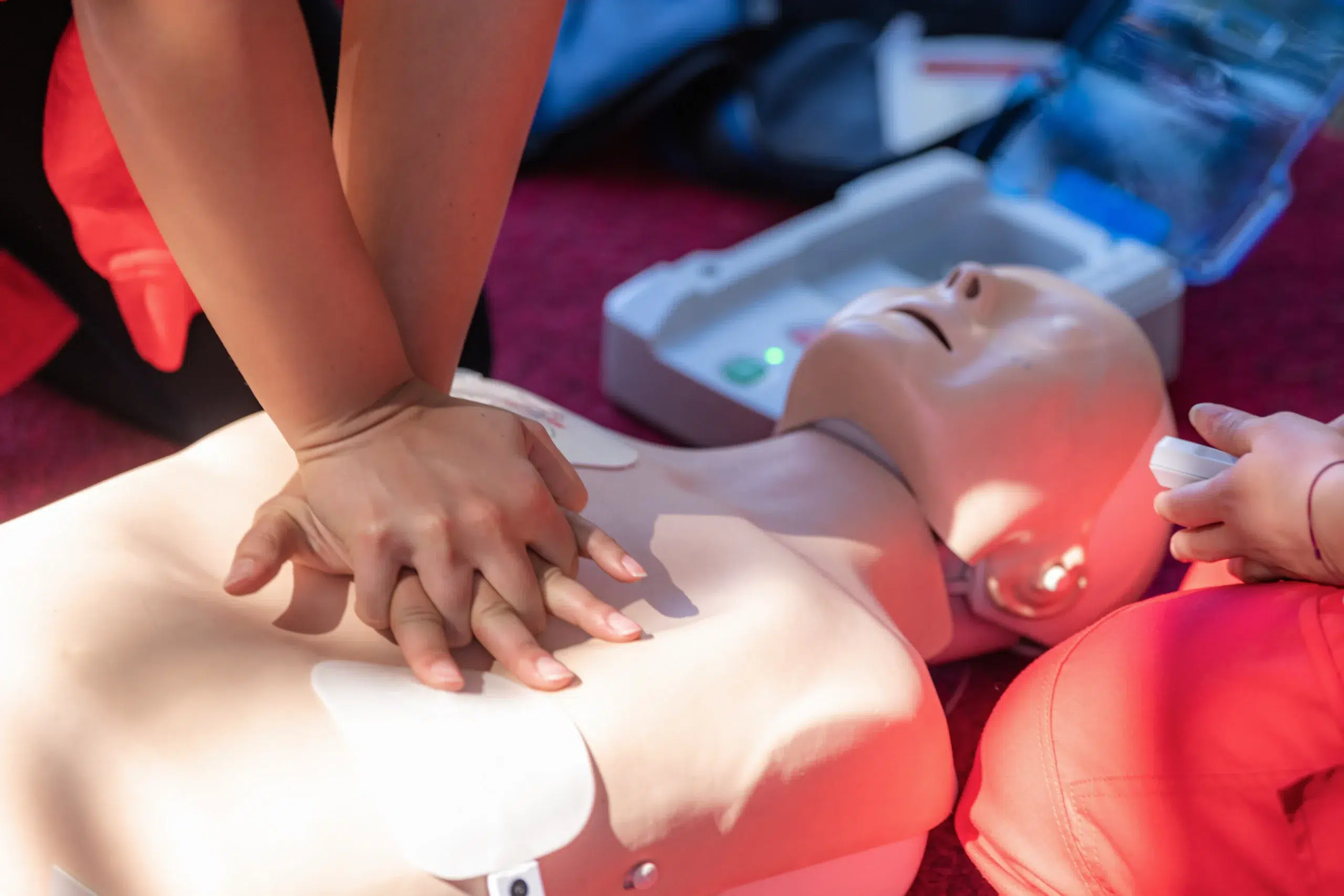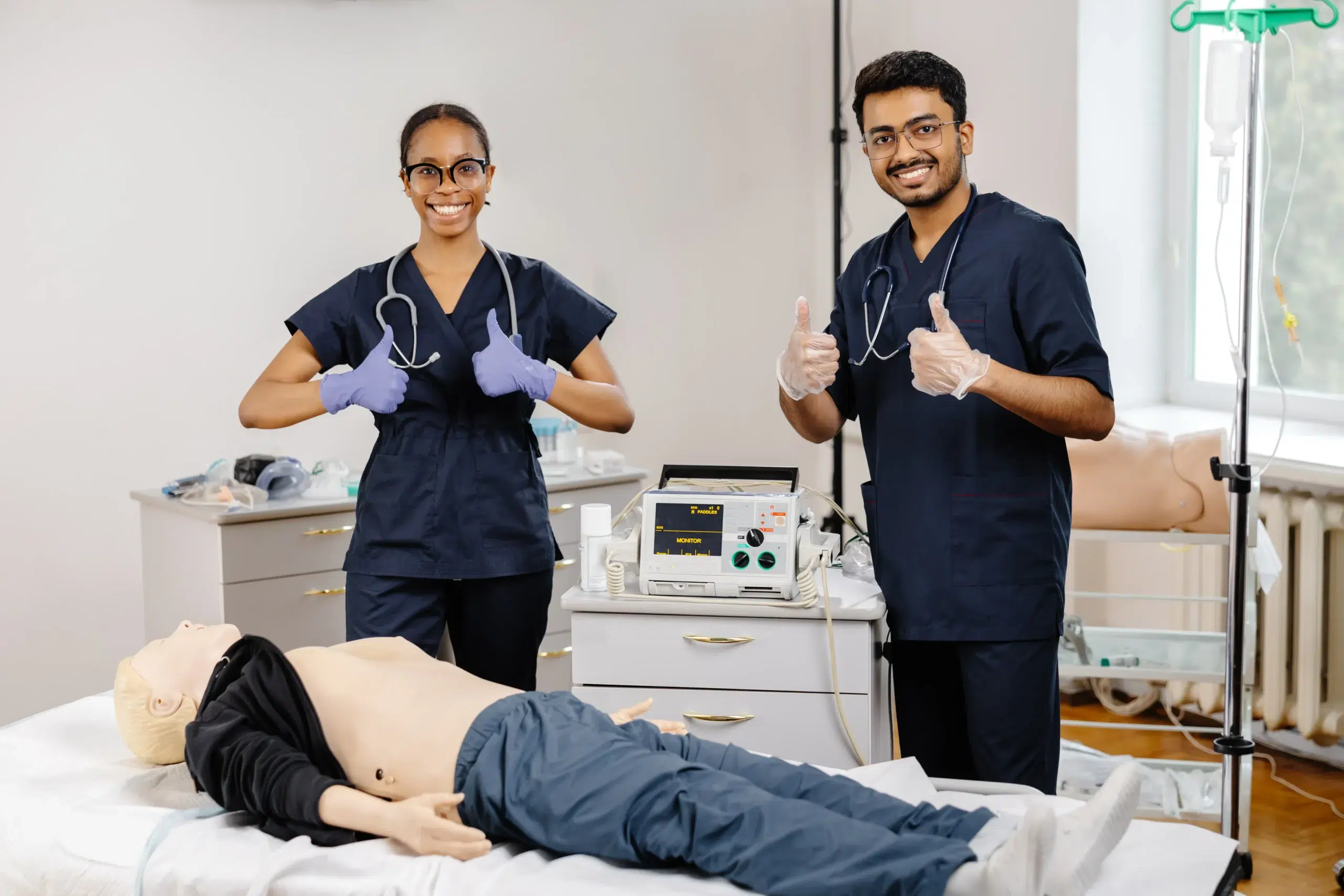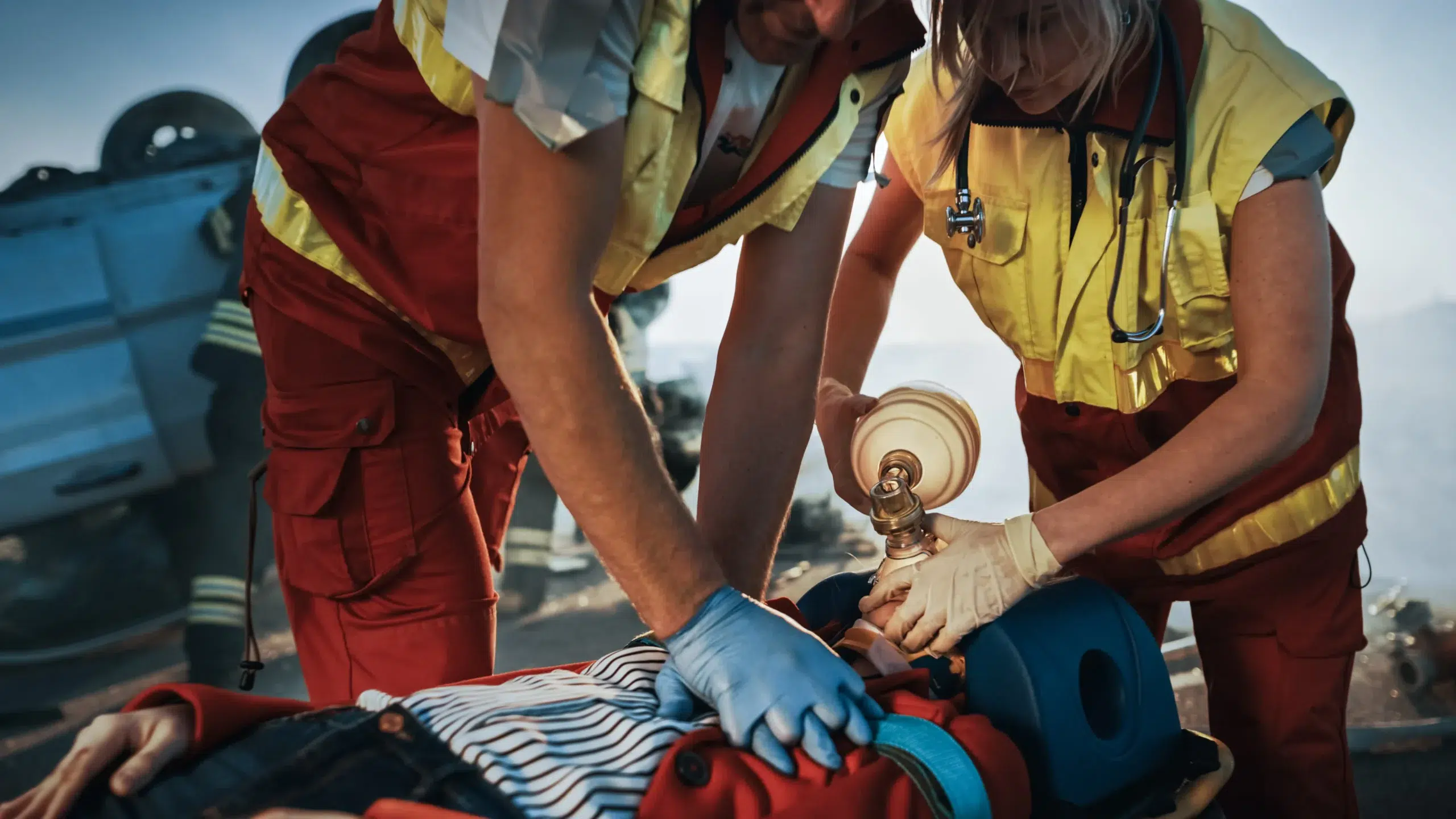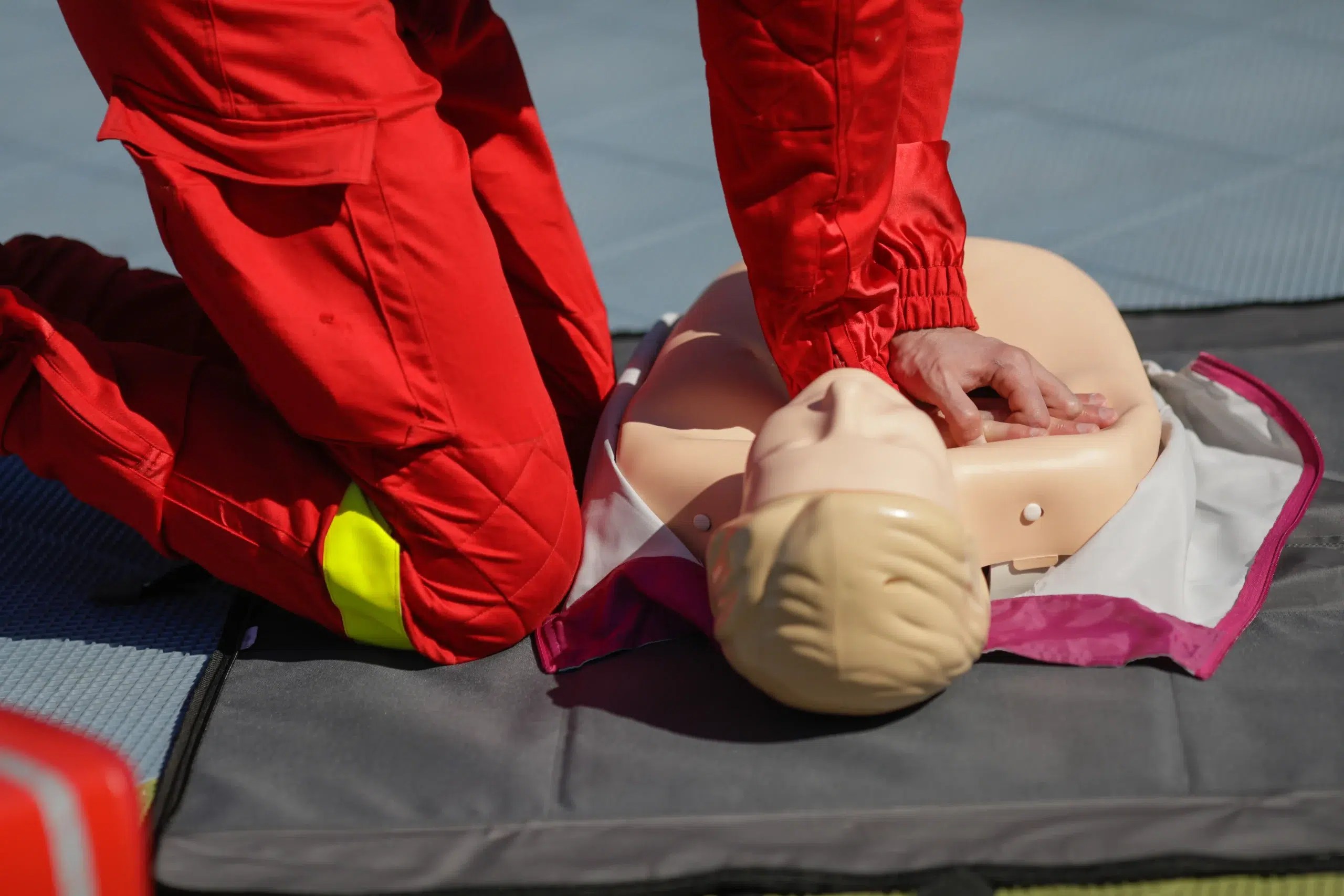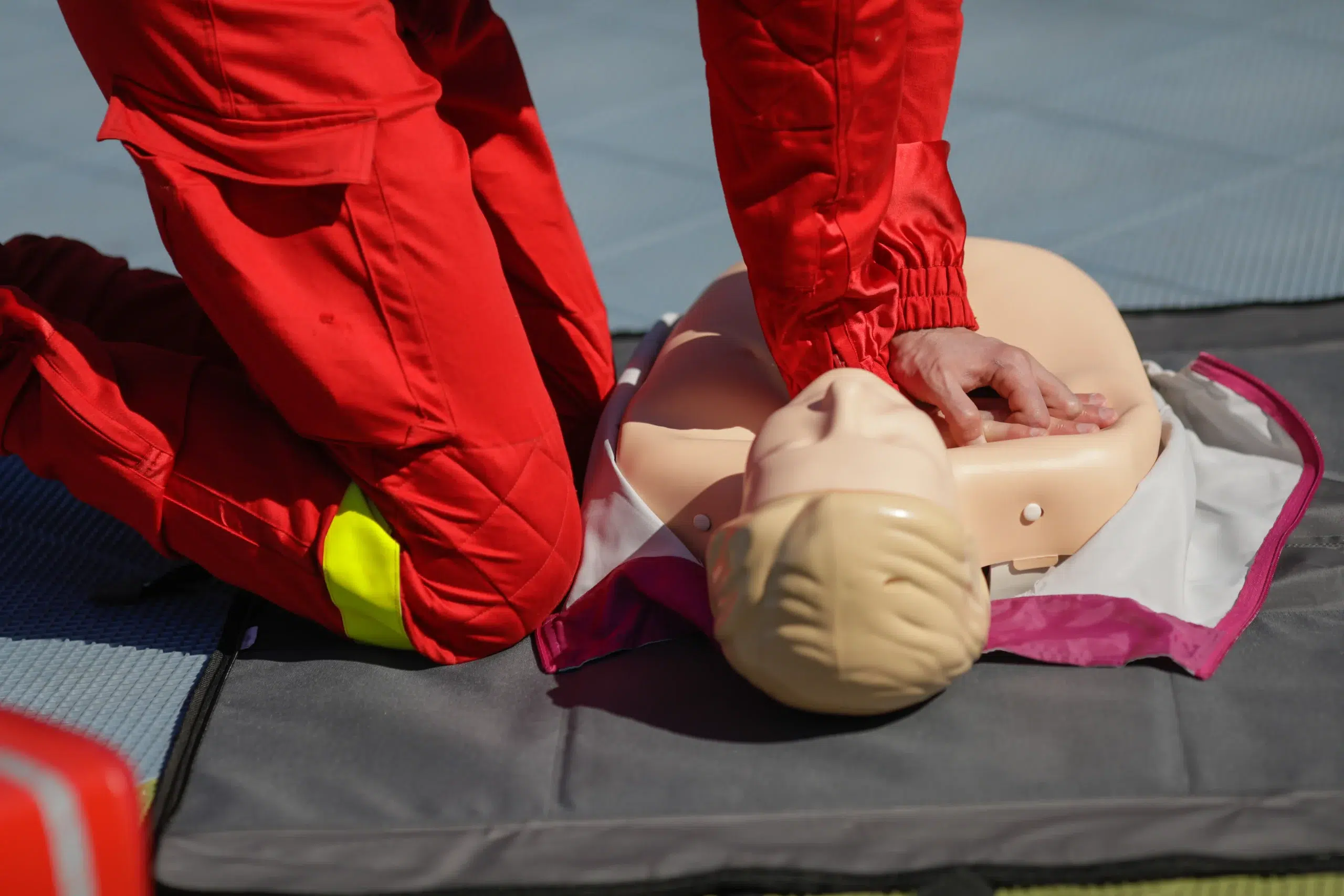Surviving a cardiac arrest is a life-altering event. The physical recovery is often visible, but the psychological impact can be just as profound—and far less talked about. CPR survivors frequently face challenges like anxiety, depression, or even PTSD, as they grapple with the trauma of their experience. Understanding this psychological impact and taking steps towards recovery is essential for long-term well-being.
Whether you’re a survivor, a caregiver, or someone looking to understand the emotional aftermath of resuscitation, this blog will guide you through key insights and actionable strategies for psychological recovery.
What You’ll Learn in This Blog:
- The psychological effects following CPR, from immediate emotional responses to long-term mental health challenges.
- Practical coping strategies for survivors and their families.
- Why addressing psychological recovery is critical for holistic healing.
Understanding the Psychological Impact of CPR
Immediate Emotional Responses
The moments after a near-death experience can be filled with overwhelming emotions. CPR survivors commonly report fear, confusion, and anxiety. Waking up in an unfamiliar hospital setting, piecing together what happened—these events can feel disorienting and terrifying.
Acute Stress Disorder (ASD) may also manifest in some survivors. Symptoms like flashbacks of the cardiac arrest, hypervigilance, or difficulty concentrating are common in the early days post-resuscitation. While they often fade with time, they can persist without the right support.
Long-term Effects on Mental Health
For many survivors, emotional distress doesn’t end in the hospital. Studies published in Resuscitation Journal reveal alarmingly high rates of depression (14%–45%), anxiety (13%–61%), and PTSD (19%–27%) in out-of-hospital cardiac arrest (OHCA) survivors. These diagnoses are likely tied to the trauma associated with their near-death experiences, as well as substantial lifestyle changes after the event.
Other potential long-term effects include survivor’s guilt, where individuals question why they lived while others may not have been as fortunate. Adjustments to worldview are also common—survivors may reflect more deeply on mortality and wrestle with questions about life’s purpose.
Psychological recovery for CPR survivors isn’t linear. Acknowledging these challenges is the first step toward healing.
Coping Strategies for Survivors and Families
It’s important to recognize that recovery is a team effort. Survivors and their families both play vital roles in navigating emotional healing.
Mindfulness-Based Techniques
Mindfulness has been proven to ease stress and anxiety. Here are some simple practices to help survivors achieve calm and clarity:
- Breath Awareness: Spend 5–10 minutes each day focusing on steady, deep breathing. This can help reduce feelings of panic and stress.
- Journaling: Writing down thoughts, feelings, and fears allows survivors to process emotions and track progress over time.
- Yoga or Meditation: Gentle movement or guided meditations (like those on apps such as Calm or Headspace) can create a sense of peace.
Support Networks
Feeling supported is critical for recovery. This includes:
- Family and Friends: Open communication within close personal circles provides a bedrock of comfort and understanding.
- Survivor Communities: Platforms like the American Heart Association (AHA) offer survivor forums where individuals share experiences and strategies for coping.
- Peer Groups: Look for local or online support groups tailored to cardiac arrest survivors. Hearing others’ stories can reduce feelings of isolation.
Lifestyle Adjustments
Physical and mental health are interconnected. Implementing a few lifestyle changes can aid in recovery:
- Regular exercise (as approved by a doctor) relieves stress and boosts mood.
- A nutrient-packed diet supports both physical healing and mental clarity.
- Prioritize sleep to enhance emotional regulation and energy levels.
Establishing sustainable routines can ease the transition back to day-to-day life.
Seeking Professional Help
Some survivors may benefit from working with mental health professionals who specialize in trauma or health-related stress disorders. Here’s how to start:
- Therapy Options:
- Cognitive Behavioral Therapy (CBT): A proven method for addressing anxiety, depression, and PTSD.
- Eye Movement Desensitization and Reprocessing (EMDR): Especially useful for trauma.
- Choosing a Therapist:
- Look for professionals with experience in healthcare-related trauma.
- Seek recommendations from survivor communities or trusted mental health organizations.
Early intervention through therapy can dramatically improve recovery outcomes.
Why Psychological Recovery is Essential
Ignoring the psychological aspects of recovery can hinder long-term well-being. Chronic mental distress elevates cortisol levels, leading to physical complications like high blood pressure, poor immune function, and slower healing.
On the flip side, addressing these mental health challenges reduces stress on the body, promotes faster recovery, and rekindles a sense of purpose in survivors’ lives. Emotional resilience directly supports the physical healing process, proving that mental and physical health go hand in hand.
Take Action Today
If you or someone in your life has survived CPR, understanding the path to psychological recovery is critical. Knowledge, support, and proactive healing strategies can empower survivors to rediscover joy and meaning.
For those looking to make a difference, consider becoming CPR certified. Trusted providers like Safety Training Seminars offer a range of AHA-certified courses in San Jose, CA, including:
- CPR and First Aid
- Basic Life Support (BLS)
- Advanced Cardiac Life Support (ACLS)
- Pediatric Advanced Life Support (PALS)
These trainings not only equip you to save lives but also offer insights into supporting survivors’ recovery journeys.
Learn more about available training options and get involved. Your knowledge could be the difference between life and death—and between trauma and resilience.
Moving Forward with Strength
Psychological recovery after CPR takes time, patience, and the right strategies. From understanding the complex emotions involved to implementing mindfulness techniques and seeking professional support, every step brings survivors closer to healing.
Surviving cardiac arrest is a testament to one’s strength, and recovery is an extension of that resilience. While challenges will persist, survivors don’t have to face them alone. Support exists—be it through families, communities, or trained professionals.
Share this article with someone who might benefit from these insights, and take a moment to explore CPR training opportunities in your area. Together, we can create a world where survivors not only live but thrive.



